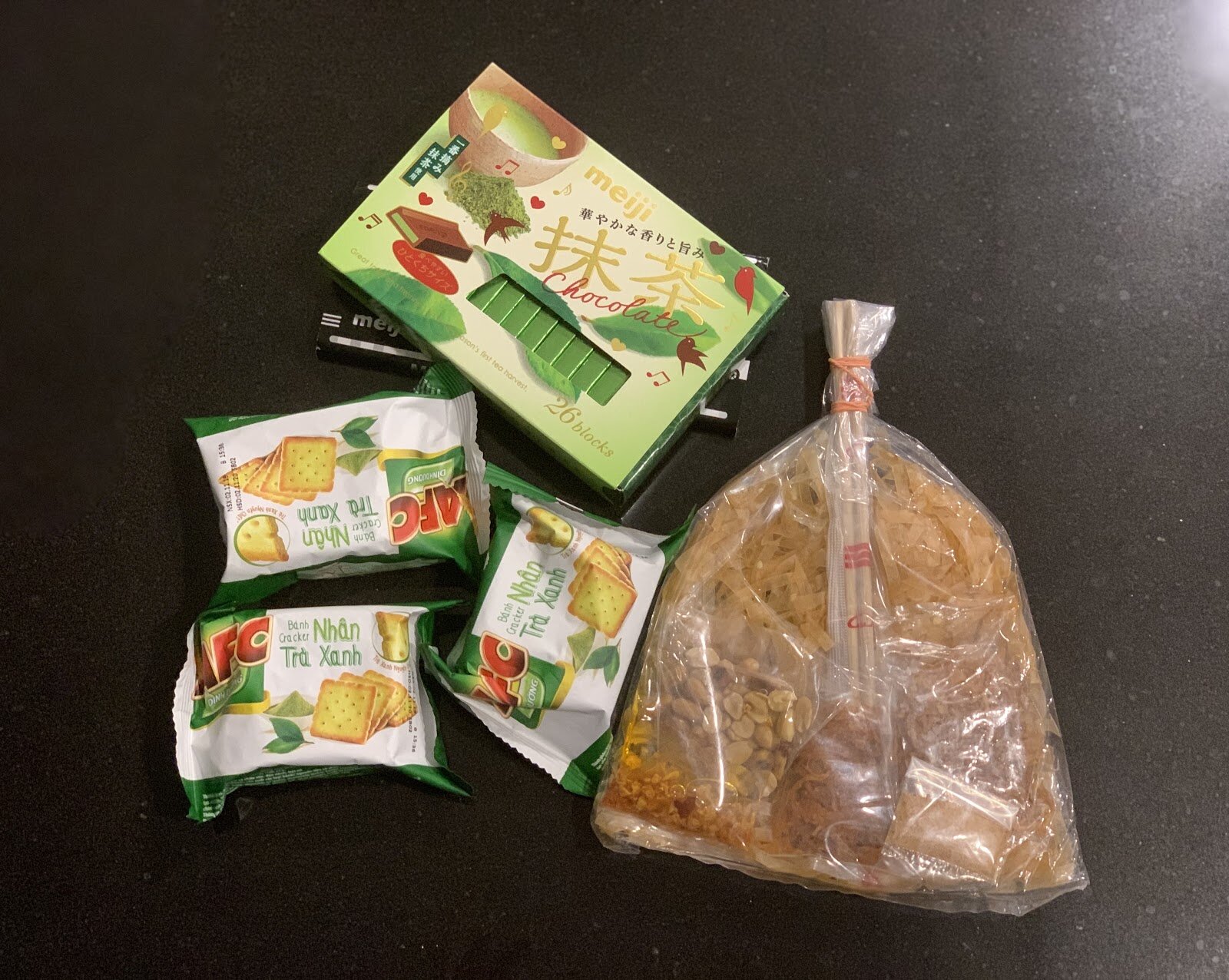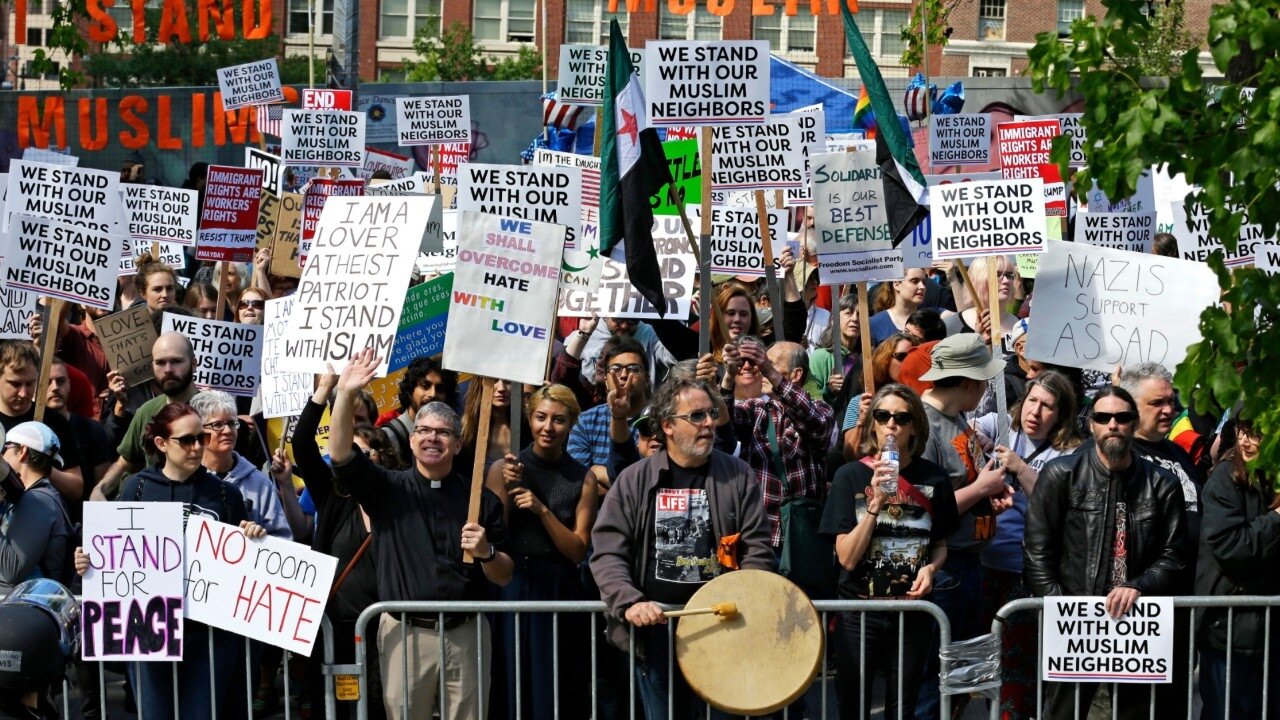Pictured above: India protest 2020. Photo courtesy of Wikimedia.
By Aditi Parashar ’22
Staff Writer
Tens of thousands of farmers from around India made their way to New Delhi 11 days ago, cutting off almost all entry points into the capital, according to The New York Times. The Dilli Chalo (“Let’s go to Delhi”) march is a protest against three agricultural bills passed in September 2020 that aim to make changes to the farming system and threaten the way 146 million farmers in India do business. According to the BBC, the protesters arriving in Delhi were accosted with water cannons, tear gas and violence by many paramilitary and police forces who tried to hold them back.
The reforms would change key aspects of how produce is sold, priced and stored. The new policies would replace the Mandi system in which the government heavily regulates the prices at which agricultural products can be sold. While the Indian government claims that these reforms are necessary to salvage the agriculture industry, many of those employed by the industry — 40 percent of the workforce — quickly began to protest the changes.
The government has said that the new regulations will provide opportunities for farmers, with Indian Prime Minister Narendra Modi calling it a “watershed moment.” He also said that the new laws provide farmers more autonomy to set their own prices as well as to sell directly to private businesses, reported CNN.
The farmers, however, remain adamant that the new laws are anti-farmer and pro-corporation by subjecting the farmers to the free market from which they have been protected for decades.
Mewa Singh, one of the many protesters, told The New York Times, “Our land is our mother. It was passed on to us from our parents, who got it from their parents, and now Modi wants to acquire it and give it away to his rich friends.”
According to the Indian Express, the protesters want the government to either repeal their newly passed legislation or guarantee farmers a minimum support price for their crops by passing new legislation.
The minimum support price is one of the biggest support structures to farming in India. It aims to set a guaranteed minimum price for commodities by farmers no matter the market conditions, which protects the community from fluctuations in price and imperfections in the market.
Economists as well as agricultural experts have shown support for the farmers’ demand for a minimum assured price mechanism. Devinder Sharma, an independent agricultural expert, told The New York Times, “There is no evidence in the world where the market price has benefited farmers.”
Additionally, farmers believe that the new laws “will open agricultural sale and marketing outside the notified Agricultural Produce Market Committee (APMC) mandis for farmers, remove the barriers to inter-state trade, and provide a framework for electronic trading of agricultural produce,” according to the Indian Express. However, since state governments will be unable to procure market fees outside of the APMC market systems, farmers are afraid that this will end the current system, leaving them at the mercy of corporations that are then free to exploit them and their production capabilities.
Many critics are apprehensive about how formal contractual obligations will work in the public arena due to the unorganized nature of the agriculture sector. Critics fear that farmers will be locked into contracts out of necessity and face a lack of resources for legal proceedings with major private corporations, found The Hindu.
“I don’t believe anyone is buying the idea that these bills exist to help the farmers,” Kusha Chopra ’21 said. “The farmers are smart and know that the bills have been passed in Parliament to fill the never-ending greed of our dear prime minister’s friends. To leave an already complicated sector which sees so many suicides due to debt and unemployment at the hands of large corporations and [at the] behest of the free market is openly careless and foolish.”
Since the farmers have arrived in Delhi, there have been a series of talks between them and the government. As of Dec. 9, no resolution has been reached.
“I think it is extremely sad, not only the way the farmers are having to fight for their livelihood in a country that thrives because of them, but also the way the government and its lapdog media has tried to discredit their hardships and movement,” Shreya Nair ’22, a Mount Holyoke student from India, said. “To call peaceful protesters, who are the reason you have food on your table, terrorists and anti-national on national television has [been] a new low, even for our sell-out media outlets,” Nair added.
The protesting farmers now have huge camps around Delhi’s border and are prepared to stay. They said they will not leave before the government repeals the “black law,” reported the BBC. The protesters say they are “prepared for a long battle — with trolleys full of rice and grains, and pots and pans to cook their own food,” the BBC continued.















